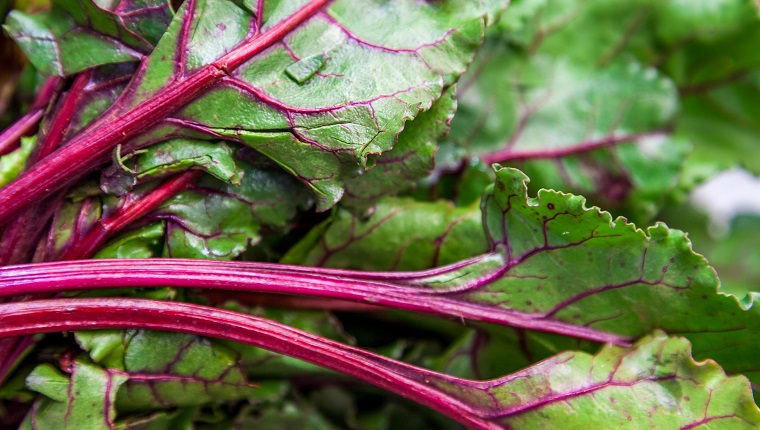Can dogs eat swiss chard? This leafy vegetable is often added to grain bowls or served sautéed as a side dish. But is swiss chard safe for our dogs to consume the way that we do?
The short answer is yes, swiss chard is safe for dogs to consume cooked, not raw, and not with other ingredients known to be toxic to dogs, such…




